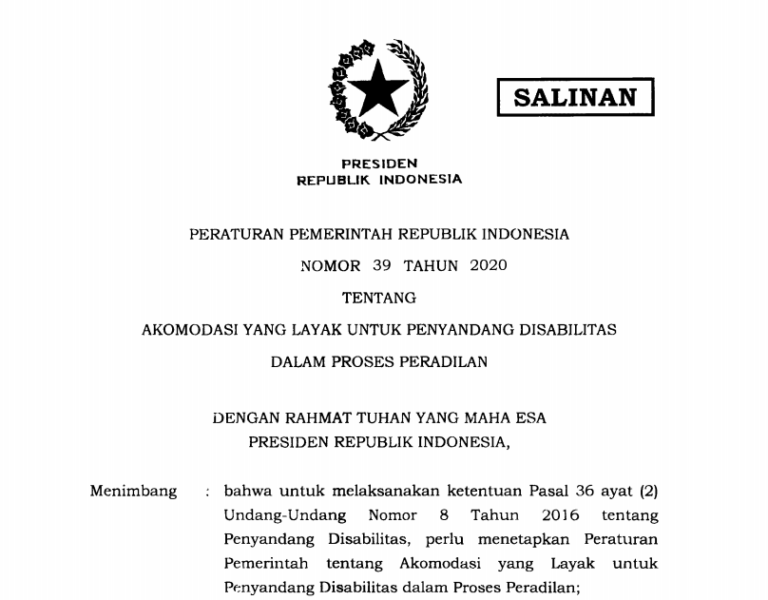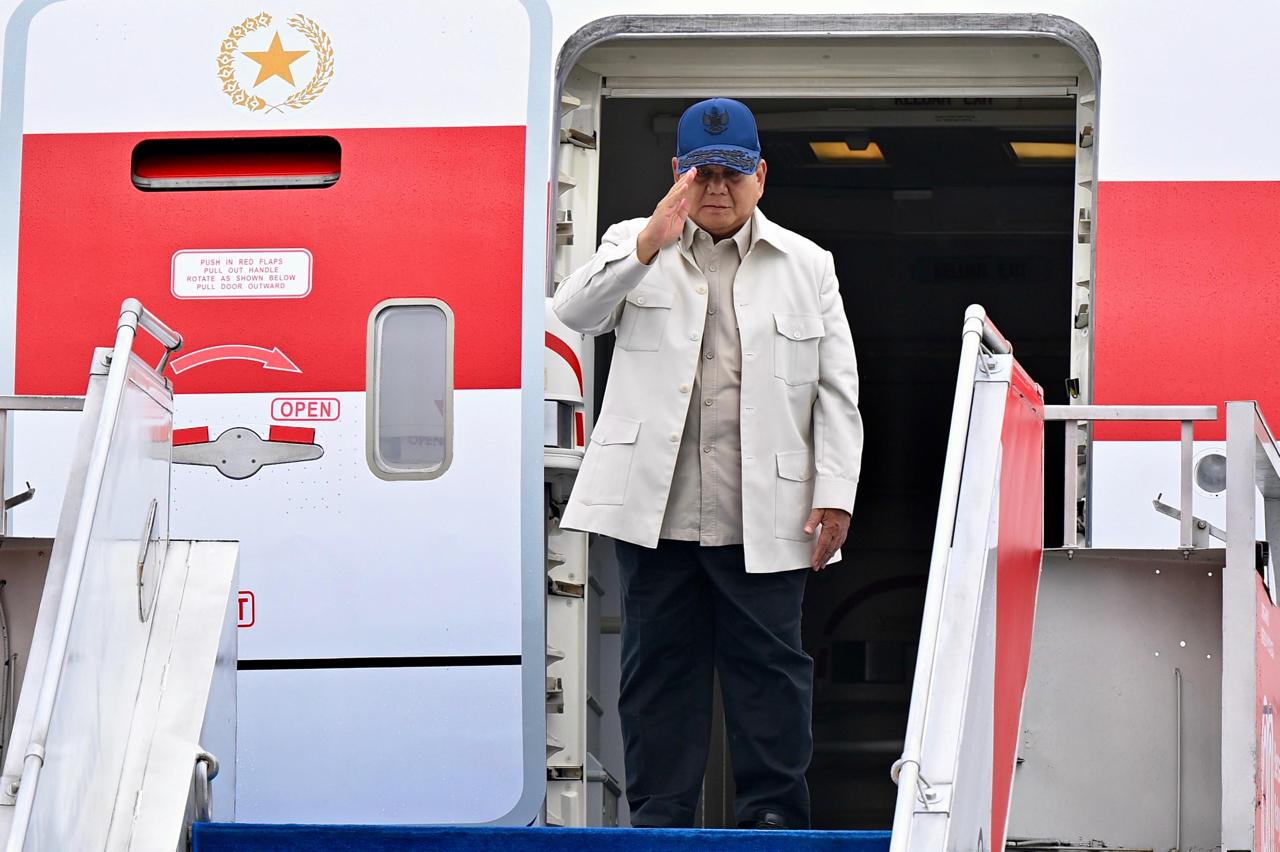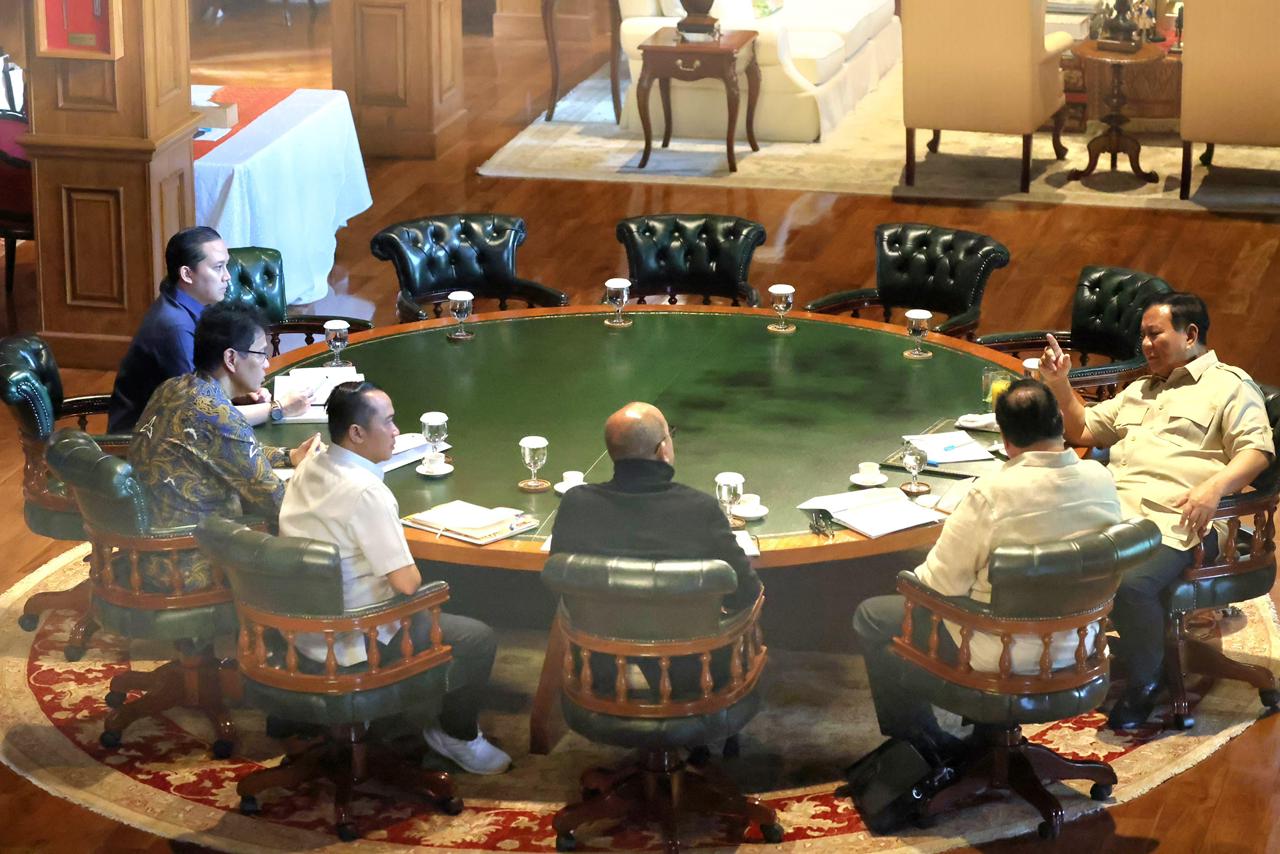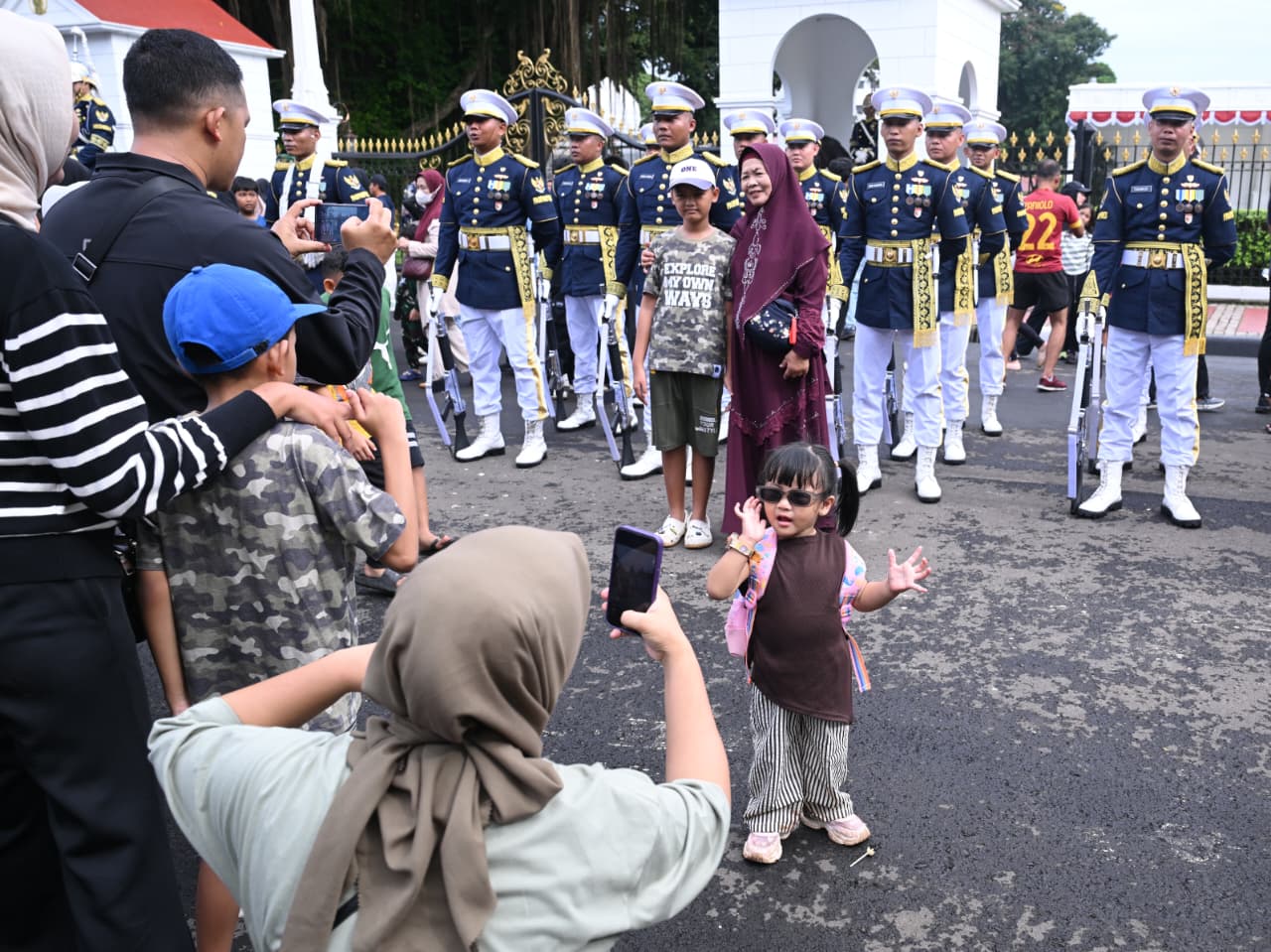Gov’t Issues Regulation on Facilities for Persons with Disabilities in Judicial Process

A Screenshot of Government Regulation Number 39 of 2020
President Joko “Jokowi” Widodo on 20 July 2020 signed Government Regulation Number 39 of 2020 on Facilities for Persons with Disabilities in Judicial Process.
Link: https://jdih.setkab.go.id/PUUdoc/176178/PP_Nomor_39_Tahun_2020.pdf
The Regulation aims to implement provisions of Article 36 paragraph (2) of Law Number 8 of 2016 on Persons with Disabilities.
The Regulation stipulates that a person with a disability is any person who has physical, intellectual, mental, and/or sensory limitations in the long term, and has obstacles and difficulties to participate fully and effectively with other citizens based on equal rights.
The Regulation states that law enforcement agencies required to provide facilities for persons with disabilities are the Indonesian National Police, Attorney General’s Office, the Supreme Court and the judicial body under it; and the Constitutional Court.
The Regulation stipulates that the facilities consists of: a. non-discriminatory treatment; b. safe and comfortable environment; c. effective communication; d. information on the rights of persons with disabilities and the development of judicial process; e. long distance audio visual communication facilities; f. standards for investigations of persons with disabilities and standards for legal services; and g. provision of assistant and/or translator.
“To maintain safe and comfortable environment, persons with disabilities who are victims and traumatized can be prevented from meeting the perpetrators during the judicial process,” Article 8 of the Regulation reads.
The Regulation also stipulates that law enforcement agencies should provide: a. doctor or other health workers; b. psychologist or psychiatrist; and/or c. social workers.
Provision of facilities and infrastructure, according to the Government Regulation, should be adjusted to the condition of persons with disabilities who have: a. visual impairment; b. hearing impairment; c. speech impairment; d. communication disorder; e. mobility impairment; f. memory impairment; g. intellectual disability; h. behavioral and emotional disorder; i. self-care deficit; and/or j. other impairment based on the results of personal assessment.
“Provision of facilities and infrastructure as referred to in paragraph (2) shall be carried out in accordance with the Government fiscal capacity and in accordance with provisions of Laws and Regulations,” Article 19 paragraph (3) of the Regulation states.
Law enforcement agencies, according to the Regulation, should provide facilities and infrastructure in the forms of: a. accessible and standardized rooms for persons with disabilities; b. accessible transportation facilities for persons with disabilities; and c. accessible facilities in buildings in accordance with provisions of Laws and Regulations.
The public can participate in providing facilities for persons with disabilities in the judicial process in the forms of: a. assistance of persons with disabilities in the judicial process; b. monitoring the judicial process of persons with disabilities; c research and education on facilities for persons with disabilities in the judicial process; and/or d. dissemination on the rights of persons with disabilities as well as on Laws and Regulations relating to facilities for persons with disabilities in the judicial process.
The Regulation also stipulates that the Government and Regional governments should provide legal assistance funds for persons with disabilities in the judicial process in accordance with the Government fiscal capacity and in accordance with provisions of Laws and Regulations.
“The Government Regulation shall apply as of the date of its promulgation,” Article 25 of the Regulation states. The Regulation was promulgated by Minister of Law and Human Rights Yasonna Laoly on 20 July 2020. (EN)
Translated by: Ridwan Ibadurrohman
Reviewed by: Yuyu Mulyani








